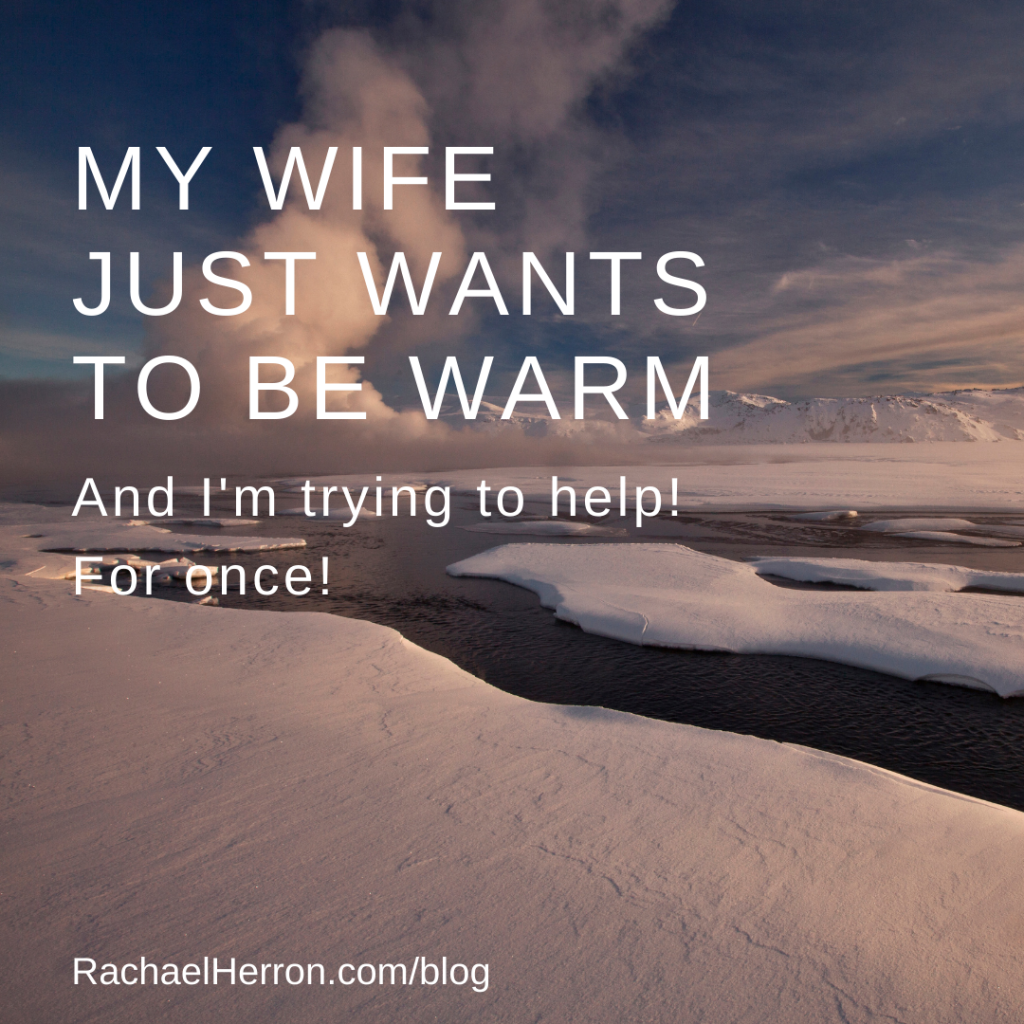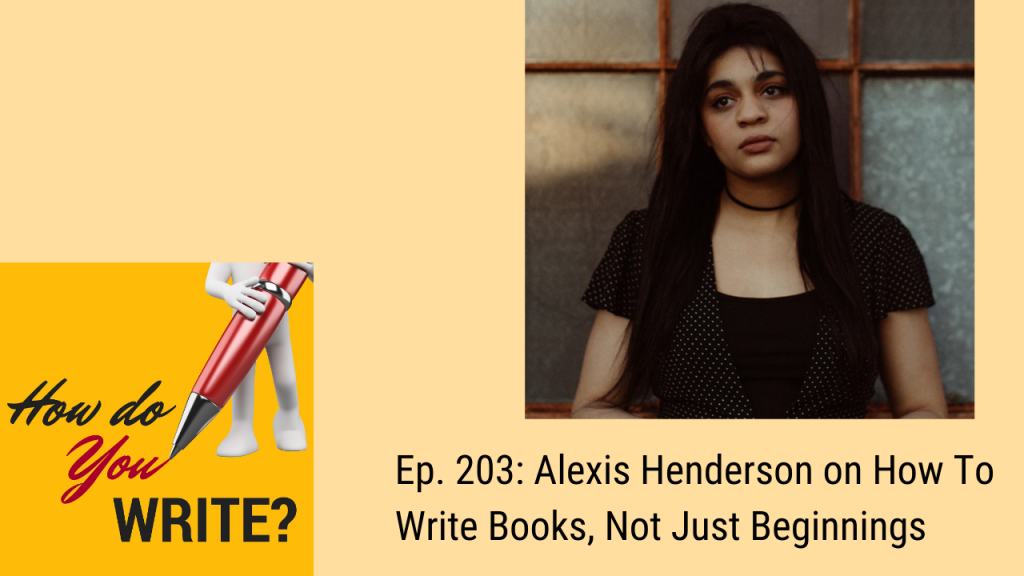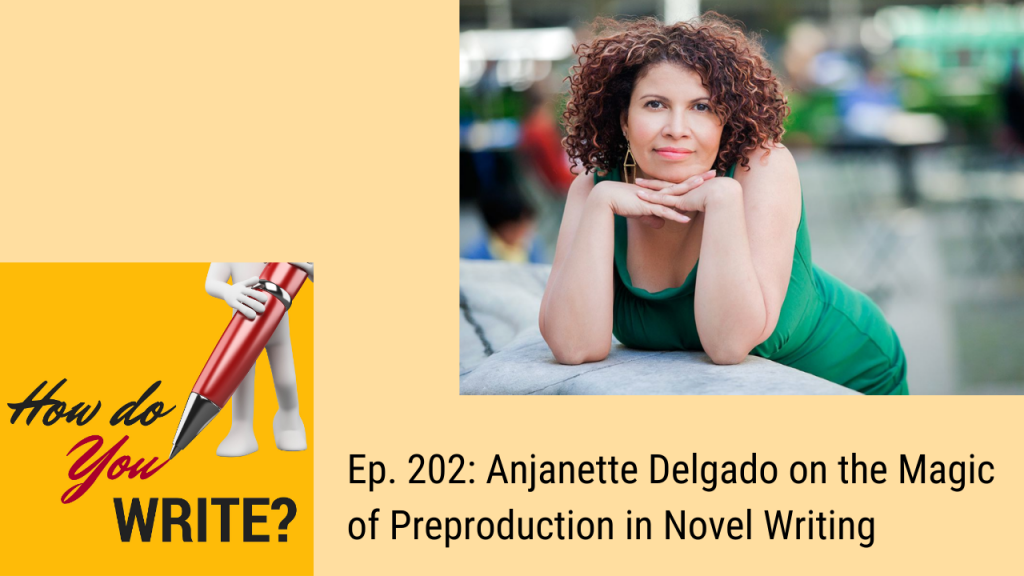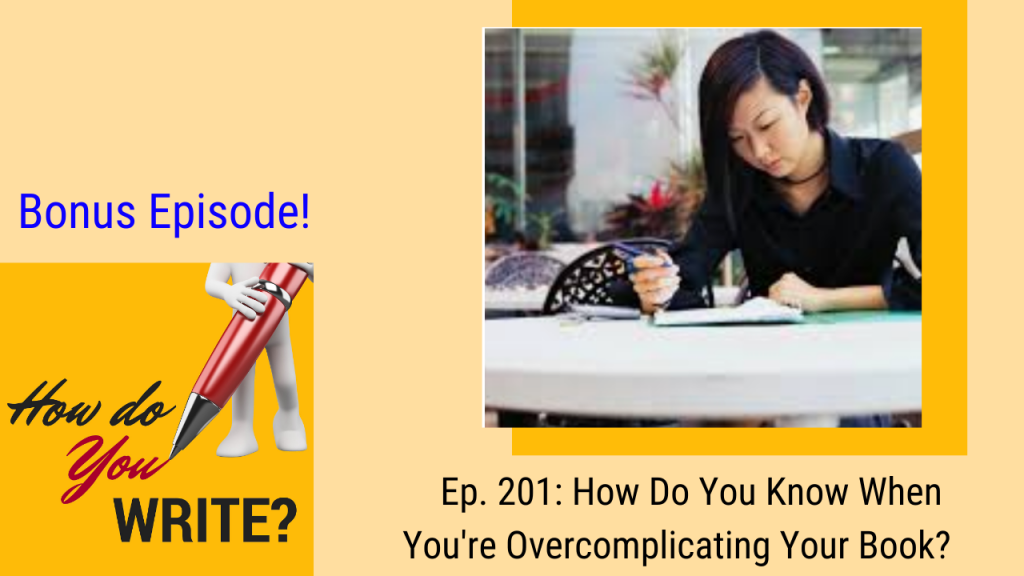I have been looking for this beach for most of my adult life.
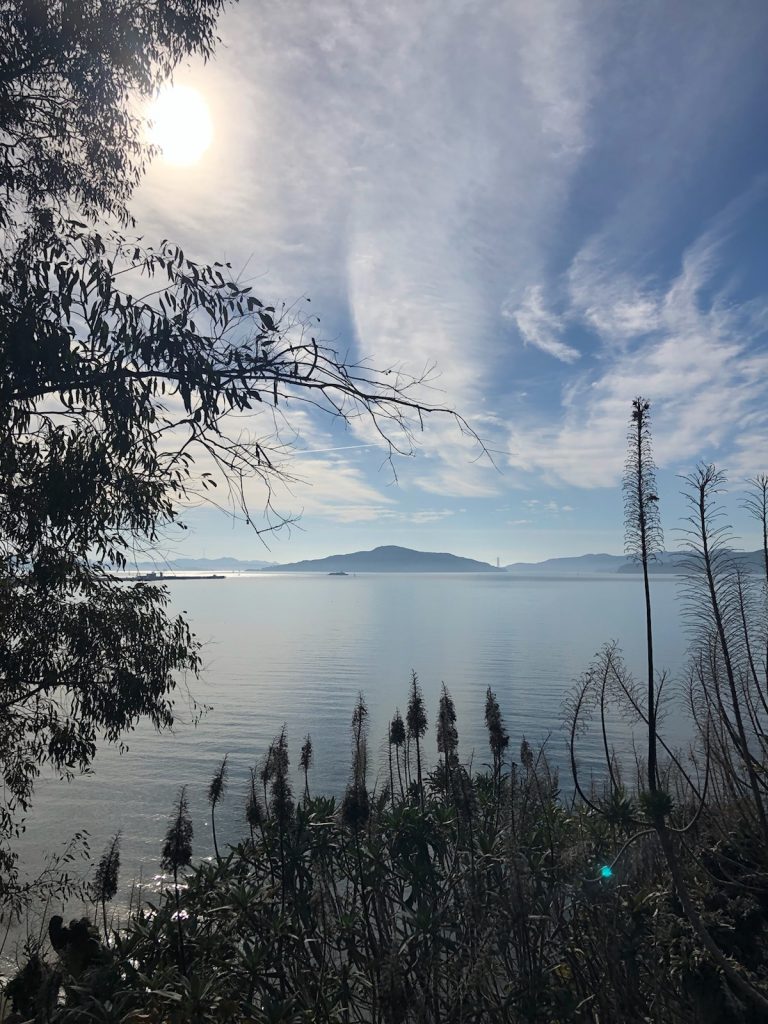
One of my most vivid memories as a child is being on the sand in a small sheltered cove. My dad was far out in the water in his styrofoam sailboat. I loved that boat, loved the way I could pick small pieces off with my fingers. (I know! But those little chunks of styrofoam were like bubble wrap to other people. I just couldn’t help myself.)
On this day on the beach—I only remember being there once—my sisters and my mother were on the sand. Mom had a thermos lid of coffee in one hand and the baby cradled in the other. Christy and I had digging tools and a desire to make the best sandcastle ever made, but so far all we had was a lump of wet sand and a brewing argument.
Something happened with Dad’s boat as he tried to sail back into the cove. I don’t think what happened was related to any hole that I might have helped along with my seven-year-old fingers—at least I hope not. I imagine that the wind gusted from a surprising direction, or maybe a rogue wave hit him unawares.
His boat capsized.
I don’t remember hearing him yell, and I don’t remember my mother being visibly scared (even though she was terrified of being on the ocean in a boat). All I remember is a group of handsome young men rushing into the water and swimming out to him. Together they towed him and the boat in safely.
Even though something ostensibly scary had happened, I just remember it as exciting and fun. We didn’t often spend an afternoon playing on the sand, so in my mind, it’s a good memory, not a bad one.
I’ve been living in the Bay Area for almost 25 years as an adult, looking for this beach. The beach was particular. Like I said, it was small, and I knew there was a view of a big island with just the top of the Golden Gate Bridge visible behind it. But I’d never been able to find it.
It wasn’t until I read Bonnie Tsui’s book Why We Swim and interviewed her for my podcast, How Do You Write, that I learned about Keller Beach. We talked about open water swimming, which is something I’ve been doing during the pandemic. I thought I had googled every good place to swim nearby, but she mentioned Keller as her favorite place to swim.
Yesterday, I met my friend to swim there (safely socially distanced, of course). And it was the beach that had featured so strongly in my memory, the beach that walks into my dreams with often! Accessed from side roads that run off side roads, the only way you would know it was there was if a local told you. And, as it happened, it was just 10 minutes from where we lived as a kid.
Yesterday, the water was incredibly cold, the coldest water I’ve been in so far. Okay, it was 53 degrees, so it wasn’t glacier-cold, but still, even with a wetsuit, it was breathtakingly frigid. I forgot my goggles on the beach and I tried to swim anyway, keeping my eyes closed, but it turns out I’m very bad at that. Every time I put my head into the water, I got a persistent and very painful brain freeze—I thought I’d felt that from ice cream before, but it was no match for bay water.
So instead of swimming hard, head down, my friend and I just bobbed and paddled and chatted, which was exactly what I needed. I didn’t feel seal-like and coordinated, the way I did the last time I swam at Aquatic Park in San Francisco, but it was more important just to be with a friend and connect.
And from out there, looking in, I realized I’m now twelve years older than my father was when he capsized. The brawny young men who rushed into the water must have been just kids, teenagers. No matter what, it was a short swim to land, so the excitement and shouting and splashing must have been purely about saving the boat, not saving a person. (Which they did—the boat survived to be picked at some more though I don’t remember going out to watch him sail again.)
My body was in the same place, forty-one years later. I walked on the same beach, a beach I’d almost given up looking for. I swam in the same water my father did.
I’m not a person who looks back often. I don’t live in the past. I try to enjoy my memories, but I usually forget to remember them. But the rush of the memory of that day was as welcome as the heated seat in my car afterward.
And I’m left wondering—what do our bodies leave behind? My whole self reacted as I walked onto the sand—a recognition.
Will I feel that in New Zealand? Is there an ancestral piece of my soul that will open when we get there?
We’re planning on trying to find a place in Wellington, where my mother lived when she worked for the prime minister as a speechwriter. I have deliciously woo-woo thoughts about the fact that since women are born with all the ova they’ll ever have, I was there with her, in—well, not in utero, but in pre-utero (sometimes I get tangled up in my mind thinking about this maternal link. How far back does that connection go? If my mother’s gamete was inside my grandmother, and I was in my mother, was I also somehow inside my grandmother as she helped run the sheep farm in Methven? She was the biggest knitter I’ve ever known—the knitting gene skipped Mom and went straight to me. Was Grandma scared of the water? Is that where my mother got it from? Is the way I pine to be in water just a genetic twist on obsession?).
Yesterday, I found a memory, one I’d actively looked for for years.
My goal is to make more of them, lots more, but with no capsized boats or daring rescues. I made one yesterday, kicking lazily through the icy water with Mia.
We may have gone into ultra-lockdown again today, but I’m so grateful I have this new memory. I’ll remember laughing with Mia in the same body of water that we floated my mother’s ashes in years ago, the same body of water that connects to New Zealand just on the other side of the Golden Gate.
